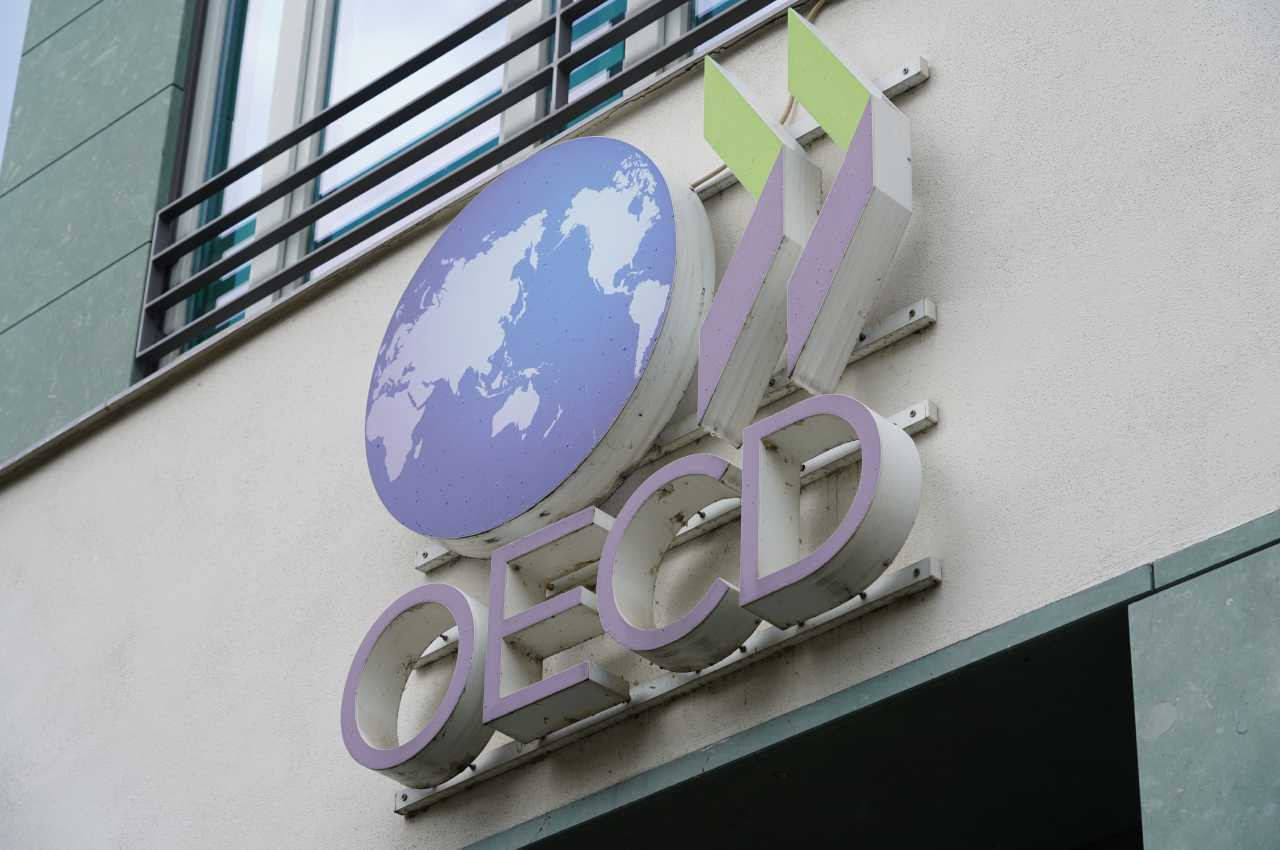“I am delighted that our national legislation on the effective minimum taxation of large corporate groups has been recognised as compliant with the OECD/G20 Inclusive Framework. Luxembourg remains fully committed to complying with the tax standards agreed at international and European level. And we will continue to work closely with the OECD/G20 Inclusive Framework to ensure the continued compliance of Luxembourg legislation with the model rules developed by the OECD/G20 Inclusive Framework.” Less than a week after finance minister (CSV) that Luxembourg had been named by the OECD as one of the countries that are fully compliant with the OECD’s minimum taxation framework for large corporate groups, the text took a beating on Donald Trump’s first day in office.
In one of his first executive orders, the 47th president of the United States asked treasury secretary nominee Scott Bessent, former CEO and chief investment officer of the hedge fund firm Key Square Group, to “notify the OECD that any commitments made by the [Biden] administration on behalf of the United States with respect to the global tax deal have no force or effect within the United States.”
“The OECD global tax deal supported under the prior administration not only allows extraterritorial jurisdiction over American income but also limits our nation’s ability to enact tax policies that serve the interests of American businesses and workers. Because of the global tax deal and other discriminatory foreign tax practices, American companies may face retaliatory international tax regimes if the United States does not comply with foreign tax policy objectives,” reads the memo.
The secretary of the treasury, in consultation with the US trade representative, has 60 days to “investigate whether any foreign countries are not in compliance with any tax treaty with the United States or have any tax rules in place, or are likely to put tax rules in place, that are extraterritorial or disproportionately affect American companies, and develop and present to the president, through the assistant to the president for economic policy, a list of options for protective measures or other actions that the United States should adopt or take in response to such non-compliance or tax rules.”
Perspective from the OECD
Questioned on Tuesday afternoon by Paperjam, the secretary general of the Organisation for Economic Co-operation and Development, Mathias Cormann, replied that “concerns have been expressed to us by representatives of the United States regarding various aspects of our international tax agreement. The democratically elected governments of our member countries represent the interests of their nations as they see fit. Multinationals operating internationally will continue to interact with the tax systems of many sovereign jurisdictions. We will continue to work with the United States and all countries involved to support international cooperation that promotes certainty, avoids double taxation and protects tax bases.”
In October 2021, more than 135 countries reached an agreement on the minimum effective taxation of large corporate groups. The rules of the first pillar redirect certain taxes towards the countries of actual activity, and the rules of pillar two set a minimum tax rate of 15% for multinationals with a turnover of at least €750m.
In this second area, Luxembourg’s finance minister commented that “the confirmation that Luxembourg can also benefit from the protection regime for the supplementary national tax also constitutes a significant simplification for groups established in Luxembourg. This allows groups to carry out the calculations required to establish the complementary tax only at Luxembourg level, without these calculations having to be carried out again in the jurisdiction of the parent entity.” This is a significant advantage for international groups, who no longer have to make the same calculations for national tax in several places.
This article was originally published in .
